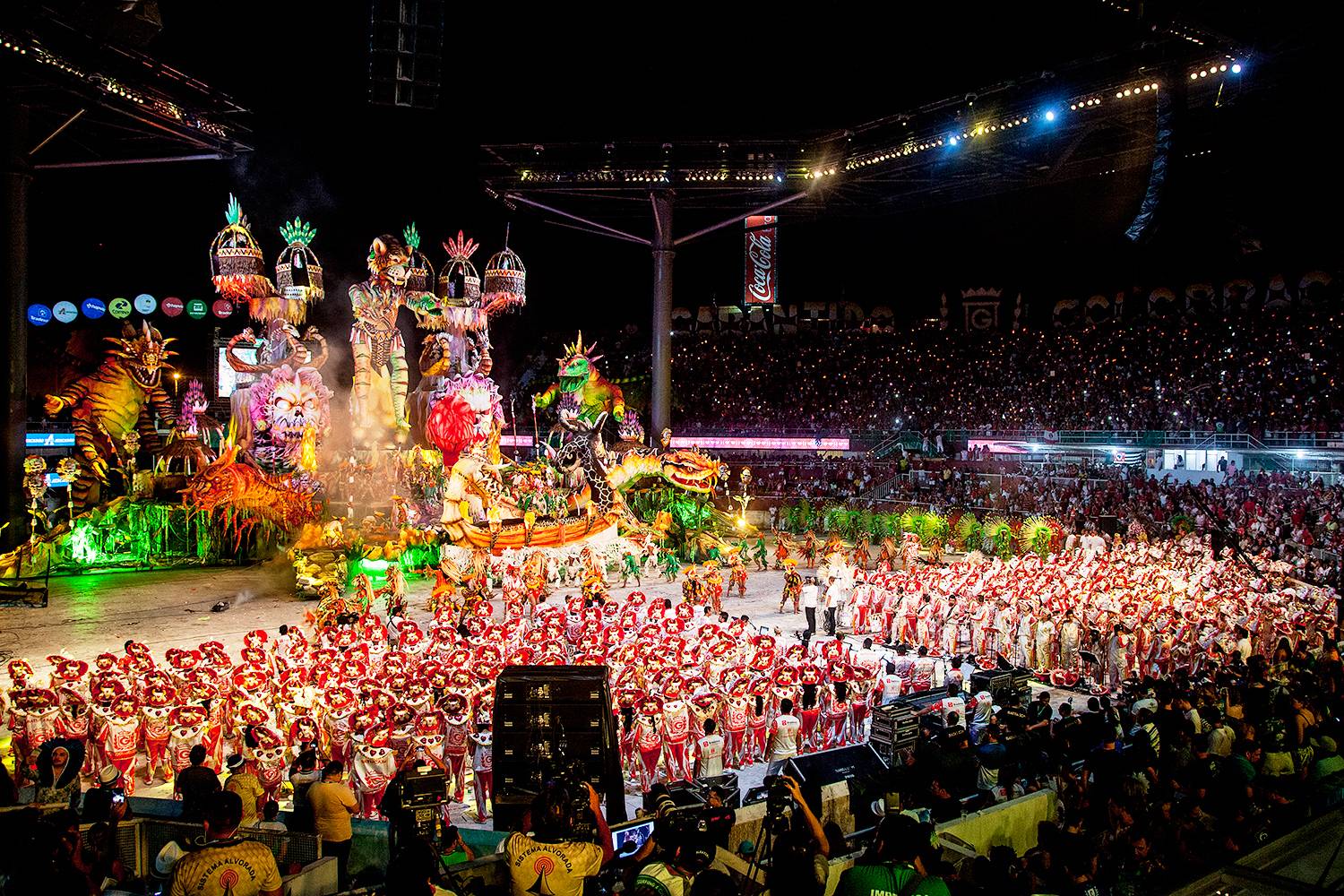Many of our clients who visit Brazil, and especially those who visit Rio de Janeiro, ask us about Favela Tours. These are tours that take travelers into the slums or shantytowns in the city.
They’ve traditionally been considered violent places, centers for drug trafficking, and where the very poor of large cities live. And this is oftentimes the case.
Despite all of this, tourism to favela has always been of interest to travelers, but has become more popular with the rise of accommodations inside the favela, the pacification and increased police presence of many favelas prior to the World Cup. Many are curious as to what the phenomenon of the favela is, how they came to be, and why people live in these sorts of conditions. Others want to visit because of what they’ve seen in popular culture – from movies to music videos to visits from the Pope, favelas have been televised and made popular by very influential figures.
We are not against travelers visiting favelas, and in some cases, even encourage our clients to visit some of the favelas in the city. However, certain precautions need to be taken into consideration when visiting a favela – for your own safety, and for respect to the communities you’re visiting.
Below we’ve listed some tips on visiting favelas while in Brazil. If you’re interested in booking a trip to a favela and need our help, you can always get in touch with us here, or check out our Favela Tours in Rio de Janeiro.
1. Always visit with an accredited guide from the community.
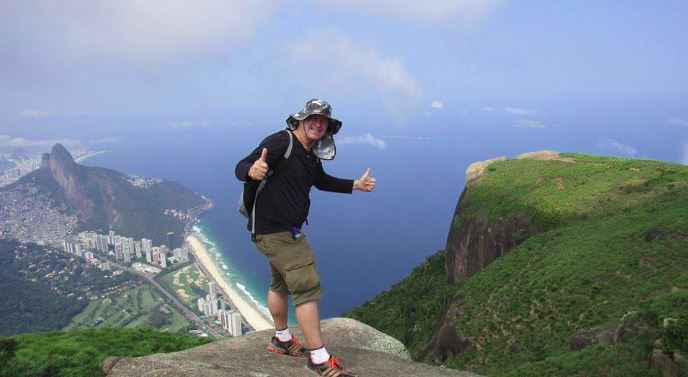
You’ll hear from anyone who lives in the favela, that where they live is a “comunidade,” or, community. For those who have been born and raised in the community, you will find are incredibly proud of their home, and they treat their neighbors like family. It’s something that’s really special to see, especially if you’re coming from an urban environment where this isn’t the case.
In Rio de Janeiro, we’ve found community guide accrediation courses for locals from the favelas. This means, that you’ll find guides who are from these communities, working to show their homes and their way of life to travelers. They’ll not only be the perfect guides to show you the community, but they’ve also been trained in safely taking visitors around the favela. This is the safest and most responsible way to visit the favela.
Many other tour guides have visited favelas many times, but when booking a trip – ask if you can go with them, and a community guide, in case you’re not booking directly with someone from the community. Even if the cost is a bit higher, your experience will be that more special.
2. Avoid visiting in a vehicle.
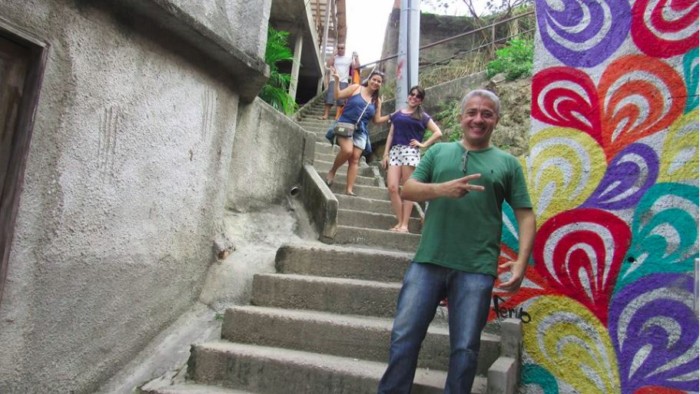
Unless you’re taking a public transport-like van to the tops of the favelas, we do not recommend visiting in private vehicles. Community members won’t recognize your vehicle, and could feel threatened. Since some favelas do have a certain levels of violent activity, this is especially important for your safety.
Plus, would you want someone riding around in a car in your neighborhood, poking their heads out to see how you live?
3. Avoid favelas with recent violent upheavals.
Many people confuse the term “pacified favelas” with “safe to roam freely.” This really just means there were territories “rescued” from the drug dealers and violent groups in favelas. This does not mean the danger is not there.
Recently, a series of conflict between the Rio police and traffickers in the Rocinha community, one of the most visited favelas, gave rise to shootouts in the favela. This led to more policing in the favela, which led to the horrendous death of a foreign tourist (shot by a police officer).
When choosing the favela you’d like to visit, make sure to see if it hasn’t been in the local news recently, or consult with your travel agent, or community guide to give you knowledge on the situations and advice on whether or not it is safe on your dates of travel.
4. Visit for the right reasons.
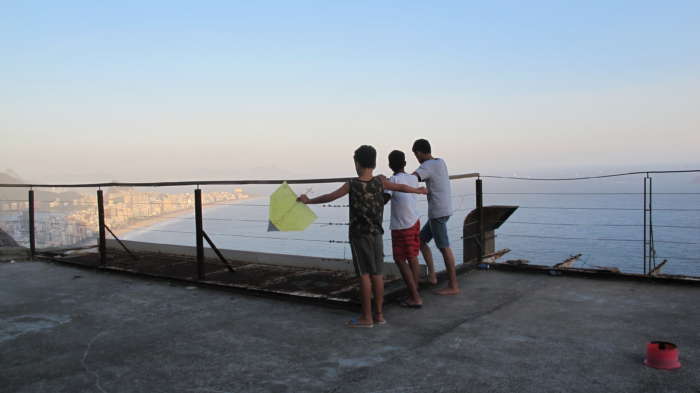
One of the other reasons to visit with a community guide is to have more opportunity to interact with the community you’re visiting. Ask your guide if you can have a meal or drink at a local bar, restaurant, or even home. You’ll be contributing to commerce in the favela and have genuine interactions. This is what makes a favela visit special and memorable.
Since everyone knows each other in the favela, they’ll know you’re a tourist, and they know you’re curious to see how they live. Showing genuine interest in the communiy, and interacting with locals, whether in a restaurant, bar or community center, accompanied by a local guide, will help you learn even more about the day to day of the favela and people’s stories.
Some tours offer workshops in communities, from arts and crafts, to gastronomy, to theater, or nature hikes. Make sure to do some research before choosing the tour that’s most meaningful to you. We’re always happy to help you on this journey!
5. Make a contribution to the community.
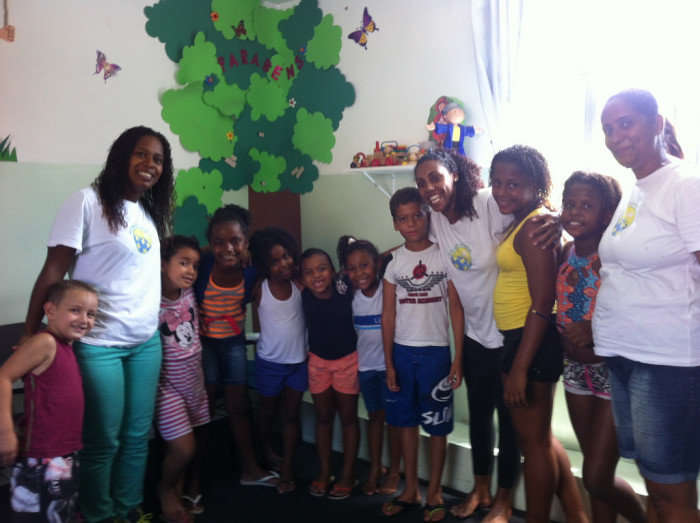
For the most part, those who live in favela communities are humble, hard working, and honest. Once you’re settled in the tour with your guide, you’ll almost feel at home yourself. And just as you’d bring a gift to a friend’s home when you visit, we encourage contributing to these communities you visit in Brazil as well. You can ask your guide beforehand if there’s a community organization he or she feels needs financial contributions, or if you can bring some gift in kind to your host, guide or family in the favela. You can also contribute through organizations like Pack for a Purpose, or ask us how to help!
If you need any help planning your trip to Rio de Janeiro, please don’t hesitate to get in touch with us. And as always safe travels 🙂




